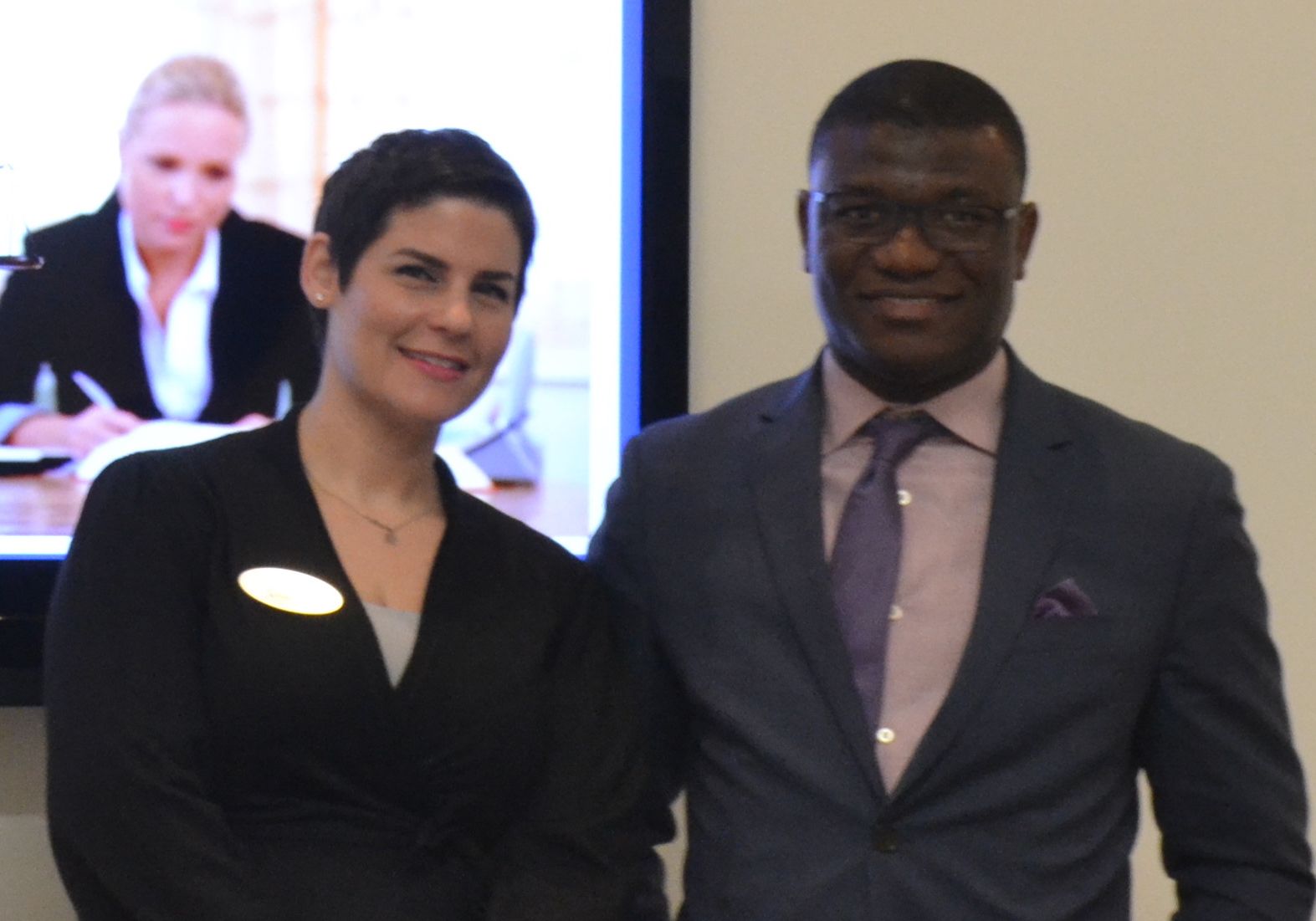
Psychiatric Emergencies (Self-Study)
Self-Study
Are you content with the types of outcomes your clients have been having in their lives? Are you really content? Are you content with the limited support that is present for clinicians, for agencies, and for agency leaders in our field? Are you really content? Are you content with how psychiatric emergencies are being handled? And if not, would you like to start by learning what will truly work for your clients so you then feel truly empowered to start making a more meaningful difference? If you agree that things are to change and can change, then please join us now for this seminar on psychiatric emergencies
Hosted by SWEET Institute
Join us for this life altering course!
Learn and Earn 2 CE credits!
Are you ready to say no more to clinician burnout? Are you ready to say no more to red tape and the status quo that serve neither you nor your fellow clinicians, neither your clients nor your agency leaders? If so, do you know that you do not change a system by changing its current reality; rather, you change a system by creating a new one and make the current one obsolete?
Are you thinking to yourself that you could not possibly help create a new system? If so, you have unlimited reasons to attend this seminar, and absolutely no excuse to put it off.
If you are truly willing to step out of your state of disempowerment, then join us now for this seminar on psychiatric emergencies.
What will you learn from this seminar?
- What access to care really is, how to help your clients accordingly, and how to help prevent misuse
- How to make best use of psychoeducation, how to minimize risk, and how to maximize safety
- How to best make use the concept of social determinants in health management, how to help contain waster, and how to truly champion prevention
- Identify what psychiatric emergencies really are, identify the ones that commonly jeopardize your clients’ treatment plan, and identify the related shortcomings
- Develop a deeper understanding in suicide, homicide, and violence
- Develop a deeper understanding in disorganized behaviors and inability to care for self
- Identify the types of coping mechanisms that work, learn how to reduce risk related to substance use, and learn how to best navigate resource utilization
- Learn the pitfalls to avoid when working with a multidisciplinary team, learn how to collaborate in a way that neither overwhelms you, nor jeopardizes your client’s care, not leaves the other team members disempowered
- Learn how to tailor assessment, formulation and stratification to the context of psychiatric emergencies
- Learn how to help formulate the most tailored follow up and long-term planning that truly works
During this 2-hour seminar, we will guide you through an experiential learning process where you will learn what it takes to help your clients, and how to implement that in daily practice.
Join Us Now!
Or pick from one of our Packages!
Who is this for?
This course is for any clinician invested in learning new or honing existing skills to be able to use in dynamic ways to support their patients and clients and to end suffering.
KEY INFORMATION:
This course is eligible for 2 CEU for Licensed Social Workers, Licensed Mental Health Counselors, Credentialed Alcoholism and Substance Abuse Counselors (CASACs), Licensed Marriage and Family Therapists, and Psychologists in New York State
For more information about CEU approval, please click here.
Format: Self-Study Online Seminar

"I would recommend it to clinical staff. It is beyond administrators and supervisors, who have no psychiatric background or training." - Niki, LCSW-R

"The instructor was very organized, stayed on topic, offered concrete strategies, and helpful, terse explanations." - Rebecca, LCSW

"The entire webinar was comprehensive and will be very useful in my work with clients." - Louis, LCSW
Join Us Now!
Or pick from one of our Packages!
Your Facilitator and Co-Facilitator

Mardoche Sidor, MD is a quadruple board certified psychiatrist, with board certifications in Psychiatry and Neurology (General Adult Psychiatry), Child and Adolescent, Addiction, and Forensic, Psychiatry. He has training in public and community psychiatry, psychopharmacology and Cognitive Behavioral Therapy. He also has training in Motivational Interviewing, psychodynamic psychotherapy, play therapy, and family and couples therapy. He has clinical, teaching, and supervision experience; he has mentorship, coaching, and management, skills; and he has experience as a primary care physician, in public speaking and writing. Dr. Sidor also has skills in leadership, research, program development and project management. His overall goal is to help all health professionals, throughout the United States and globally, access the tools they need to feel empowered to provide excellent patient care while also promoting their own self-care and burnout prevention. He is the main facilitator for the SWEET Institute, and he is an Assistant Professor of Psychiatry at Columbia University.Dr. Sidor was recently the Medical Director and Chief Medical Officer for CASES (Center for Alternative Sentencing and Employment Services) where he continues to provide psychiatric care. He speaks and writes fluently in four (4) languages—French, English, Spanish, and Creole, with intermediate proficiency in Portuguese and Italian.
Karen Dubin-McKnight, PhD, LCSW, has wide clinical, teaching, supervision and mentorship experience that spans 18 years. She also has a vast experience working in the criminal justice system, in community mental health, in teaching, and in management. Her added passion is in education, coaching, public relations, and mediation. Her goal is to ensure that social workers and other non-medical practitioners feel empowered and have a voice “at the table.” Dr. Dubin-McKnight is the co-facilitator for the SWEET Institute. She was most recently the Court Operations Director at CASES. She is currently Adjunct Faculty at Columbia University School of Social Work and Adelphi University School of Social Work. She is also a trainer at the CUCS Academy, and Howie T. Harp. She has a private practice for people impacted by workplace trauma and also provides clinical supervision.
SWEET Curriculum







